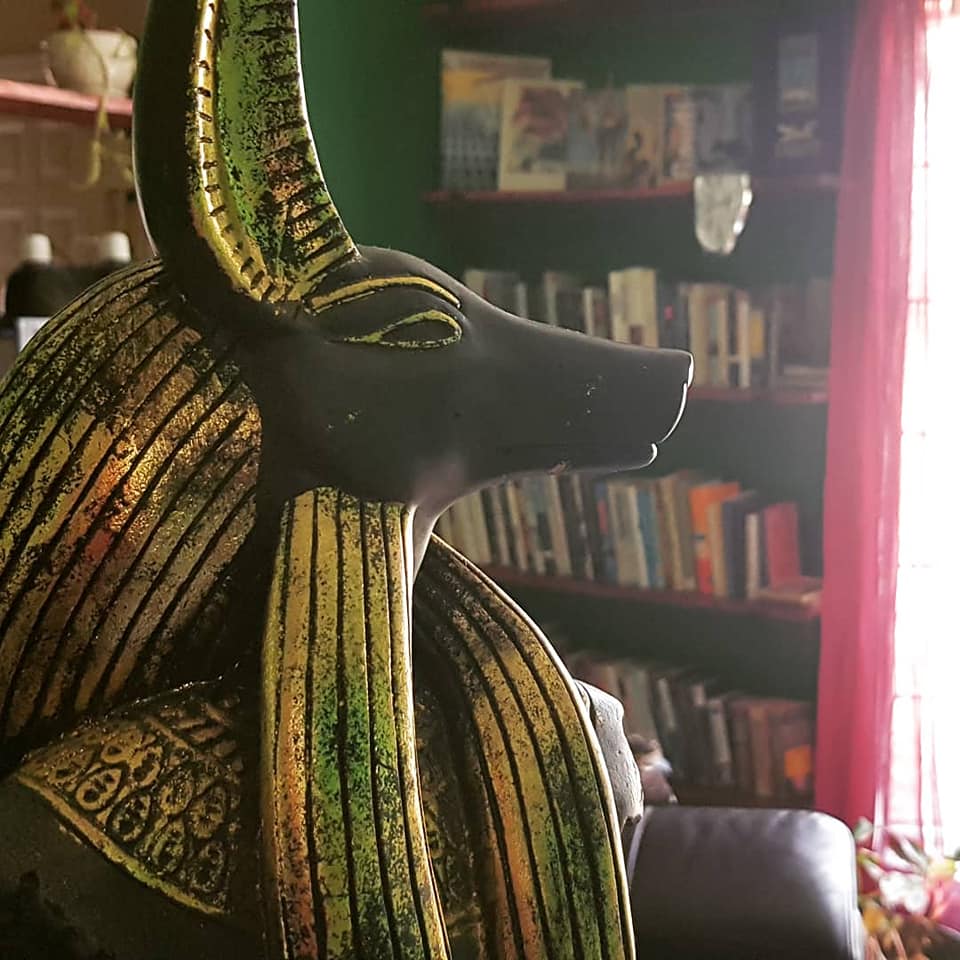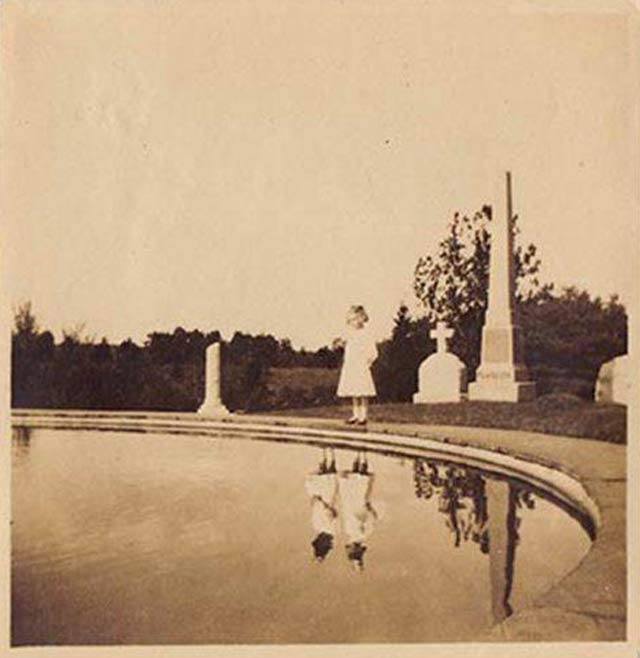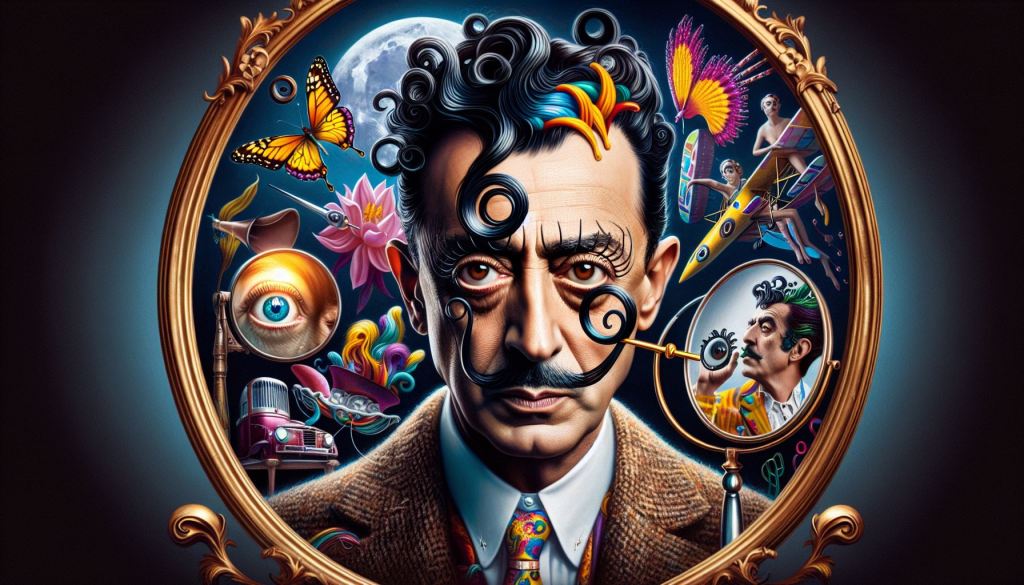1984 by George Orwell is a dystopian novel that explores themes of totalitarianism, government control, and individual freedom. 1984 by George Orwell is a powerful and thought-provoking dystopian novel that delves into the themes of totalitarianism, government control, and individual freedom.
1984 Overview

The story takes place in a future world where a single ruling party holds absolute power over citizens’ lives, constantly monitoring their every move through advanced technology. This oppressive regime seeks to eliminate all dissent and enforce conformity, leading to the suppression of free thought and speech. The novel follows the protagonist Winston Smith as he questions the government’s propaganda and secretly rebels against its control.
As he becomes more aware of the party’s corruption, he faces unimaginable consequences for his actions. Orwell’s depiction of a society ruled by fear and oppression offers an insightful commentary on political systems that prioritize power over individual rights.
The novel serves as a stark reminder of the importance of preserving freedom in our society today. Overall, 1984 is an unforgettable literary masterpiece that challenges readers to question authority and fight for their rights as individuals.
1984 by George Orwell – Synopsis of 1st Half
The first half of George Orwell’s 1984 introduces the oppressive world of Oceania, where the government controls every aspect of citizens’ lives through surveillance, propaganda, and thought control. The story follows Winston Smith, a low-ranking member of the ruling Party, who begins to question the reality of the world around him and rebels against the government’s control.
The novel opens with Winston’s diary entries, where he expresses his frustrations and doubts about the Party’s propaganda and the oppression of individual freedom. He becomes obsessed with the idea of rebellion and begins to secretly write against the government in his diary.
Winston’s life changes when he meets Julia, a fellow Party member who shares his desire to rebel. They begin an affair and start to meet in secret to discuss their shared discontent with the government. Winston also encounters O’Brien, a member of the Inner Party who he believes is a member of a secret resistance movement against the government.
As Winston becomes more involved in his rebellion, he starts to experience the dangers of speaking out against the government. He is caught by the Thought Police and taken to the Ministry of Love, where he is tortured and brainwashed until he denounces his rebellious thoughts and confesses his crimes against the Party.
The first half of 1984 establishes the themes of government control, propaganda, and oppression, and introduces the characters who will play critical roles in Winston’s journey towards rebellion. It also sets the stage for the novel’s second half, where Winston’s rebellion against the government will reach its climax.

If you are enjoying the synopsis of 1984 by George Orwell, please visit our blog at The Ritual for related flash fiction.
1984 by George Orwell – Synopsis of 2nd Half
The second half of George Orwell’s 1984 continues to follow Winston Smith’s journey of rebellion against the oppressive government of Oceania. After being brainwashed and tortured at the Ministry of Love, Winston is released and returns to his former life, but he is a changed man. He has learned to love Big Brother, the leader of the Party, and has lost his desire for rebellion.
However, Winston’s newfound loyalty to the Party is tested when he encounters Julia again. She too has been brainwashed and has lost her rebellious spirit, but they briefly reconnect and reminisce about their past rebellion. Winston also meets with O’Brien again, who reveals that he is a loyal member of the Inner Party and was merely pretending to be part of a secret resistance movement.
Winston’s final rebellion against the government comes when he is caught by the Thought Police for thoughtcrime and is taken to the Ministry of Love once again. There, he is tortured and brainwashed until he fully accepts the government’s propaganda and denounces his own rebellious thoughts. In the novel’s chilling conclusion, Winston is shown to have fully embraced the Party’s ideology and has become a loyal citizen of Oceania.

1984 is a powerful and haunting novel that explores themes of government control, propaganda, and the dangers of totalitarianism. It serves as a warning against the dangers of allowing a government to exert too much control over its citizens and reminds us of the importance of preserving individual freedom and the right to rebel against oppression.
If you enjoyed this Synopsis of 1984 by George Orwell, subscribe to our blog at The Ritual.






Leave a Reply